June 28, 1776: Battle of Sullivan’s Island
This day in the American Revolution: Outside Charleston, William Moultrie prepares his fortifications for a Royal Navy attack. Supplies are limited and the Patriots are outnumbered. When the final powder keg arrives, it includes a note from Governor Rutledge: “Do not make too free with your cannon. Cool and do mischief.”
On the morning of June 28, the British fleet was seen crossing the bar. Moultrie’s half-finished Fort Sullivan was as ready as it could be given the scarcity of arms and powder. When the last powder keg was brought to the fort, it came with a personal note from Rutledge that read, “Do not make too free with your cannon. Cool and do mischief.”
As the battle began, Moultrie calmly held his rein, firing only when necessary. “Never did men fight more bravely,” he wrote afterwards, “and never were men more cool … their only distress was the want of powder; we had not more than 28 rounds, for 26 guns.”
When they did fire, their shots found their mark. As the battle wore on throughout the day, the British ships began to succumb to Moultrie’s well-aimed cannons. Some were afire, others grounded on sandbars. Parker’s fleet far outnumbered Moultrie’s tiny garrison in men and firepower, yet they were losing.
Meanwhile at Breach Inlet, the British made three attempts to cross in flatboats. Each try was disastrous as they were turned back by Thomson’s sharpshooters. As British soldier Will Falconer wrote in a letter to his brother, “They would have killed half of us before we could make our landing good.”
Routed by Thomson at the inlet and Moultrie at the fort, the British suffered an embarrassing defeat and the Battle of Fort Sullivan became the first significant victory for the Americans in the revolution. Fort Sullivan became a rallying cry for other patriots. Less than a week later, the Declaration of Independence was signed in Philadelphia.
Source: Post and Courier.

